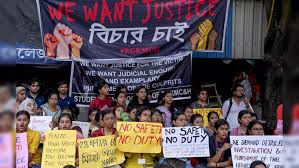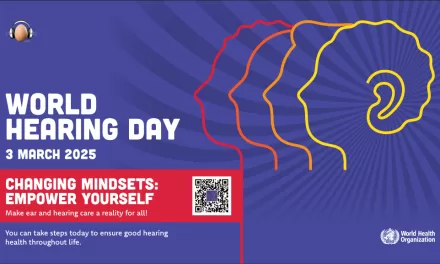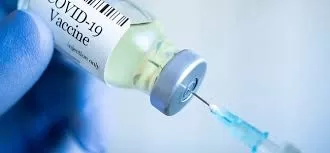Kolkata, October 2024 — In a stark demonstration of the growing unrest within India’s healthcare system, doctors in West Bengal have entered the ninth day of an indefinite hunger strike, protesting systemic failures and the tragic death of a colleague. The protest, spearheaded by medical professionals at RG Kar Medical College, follows the rape and murder of a postgraduate trainee, a tragedy that has ignited deep-seated anger and calls for reform across the state’s medical community.
The hunger strike, which began after a 42-day ‘cease work,’ seeks justice for the murdered doctor and highlights the long-standing issues plaguing medical colleges in West Bengal. The Indian Medical Association (IMA) has condemned the conditions in which doctors are forced to work, citing excessive hours, inadequate safety measures, and a lack of basic resources. These protests have brought into sharp focus the dire state of medical education and healthcare infrastructure in the region.
A System in Crisis
Doctors at RG Kar Medical College are not only demanding justice for their fallen colleague but are also calling for urgent reform within the state’s healthcare system. The protestors argue that doctors are often seen as “soft targets” in a system that is riddled with inefficiencies, neglect, and underfunding. Despite the state’s claim of a doctor shortage, a staggering number of MBBS graduates and around 706 medical colleges remain underutilized due to administrative failings.
“We are not just protesting for justice; we are fighting for a future where doctors are not subjected to inhumane working conditions and personal safety threats,” said one protesting doctor, who wished to remain anonymous. “The current state of affairs in West Bengal’s medical colleges is untenable.”
The IMA’s chief, Dr. R V Asokan, has emphasized that the situation at RG Kar Medical College is symptomatic of deeper, systemic issues that extend beyond this single tragedy. “What we see today is the result of years of neglect. There is an urgent need for investment in the health sector, not only to improve working conditions but to ensure the safety and well-being of medical professionals,” Dr. Asokan stated.
Demands for Reform
The doctors’ demands include better working hours, safer conditions for medical staff, and significant reforms in the state’s medical education system. The protesters argue that without these changes, more tragedies are likely to occur. Accusations of government indifference have also surfaced, with critics arguing that officials have failed to respond adequately to the crisis.
“We have been crying for help for years, but our pleas have fallen on deaf ears. The death of our colleague should serve as a wake-up call for the government to address the root causes of this crisis,” another doctor lamented.
A History of Struggle
This protest is the latest in a series of movements by medical professionals in West Bengal, who have long called for improvements in the sector. Previous protests have highlighted issues such as the lack of infrastructure, insufficient pay, and the growing workload on healthcare workers. Despite numerous assurances from the state government, little has changed, leaving doctors feeling abandoned and vulnerable.
As the hunger strike continues, the medical community across India has rallied in solidarity with their colleagues in West Bengal. The IMA has called for immediate intervention from both state and central governments, warning that the current state of affairs could lead to more tragedies if left unaddressed.
The Way Forward
The protest at RG Kar Medical College serves as a grim reminder of the ongoing challenges faced by medical professionals in India. As doctors continue their hunger strike, their demands for justice and systemic reform grow louder. The need for a comprehensive overhaul of the healthcare system is clear, and the government’s response to this crisis will undoubtedly shape the future of medical education and healthcare in the state.
For now, the doctors remain resolute, their hunger strike a symbol of their silent struggle for change. Their message is clear: without urgent intervention, the crisis in West Bengal’s medical colleges will only deepen, with devastating consequences for both healthcare workers and the patients they serve.











